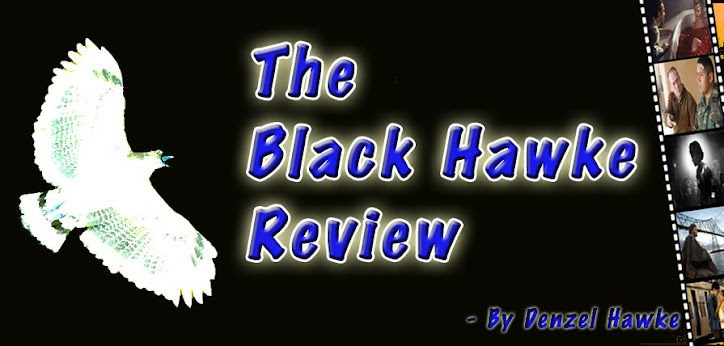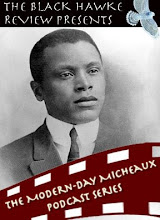Gina’s decision to become a filmmaker arose while running track for UCLA. She found she had a desire to direct and applied to the UCLA film program. After being rejected, she appealed the decision and by writing an impassioned letter to the department heads, was granted enrollment. Post-graduation, she nabbed her first industry gigs writing for shows like A Different World, South Central, and Sweet Justice. Her writer position for A Different World, again, came after a relentless pursuit. Having failed her first interview, she called every other day until granted another chance. It was here she met her husband, Reggie Rock Bythewood, another staff write whose gone on to write films such as Biker Boyz, Spike Lee’s Get On The Bus, and Notorious. Out to prove she could write about other lives than just black people, she was granted a staff position on J.J. Abram’s Felicity.
Trekking five-years in the TV industry made Bythewood restless. Soon she took a year off to write her first feature film; a story about an upper-middle class boy and girl who shared a passion for the game of basketball. However, the script was rejected everywhere it went. The studios saw little diversity in black films and Bythewood’s script didn’t fit their guarded mold.
Eventually Love & Basketball was accepted into the Sundance Institute Writer’s and Director’s lab and got the attention of Spike Lee who decided to produce it. Granting a theatrical release, Bythewood became only the third black female to do so after Julie Dashes’s Daughters of the Dust and Kasi Lemmon’s Eve’s Bayou.
Bythewood continues to be a silent trailblazer for African-American women in film. Her second feature, The Secret Life of Bees, opened to critical acclaim. She also has directing credits for TV shows Girlfriends, Everybody Hates Chris, and The Bernie Mac Show, and producer credits for Biker Boyz and Felicity.
AWARDS:
3 Black Reel Awards - (2008, Directing Bees); (2008, Writing Bees); (2001, Directing Basketball)
2 Black Reel Nominations – (2001, Writing Basketball); (Directing cable film Disappearing Act)
1 Sundance Humanities Prize - (2000, Writing Basketball)
1 Independent Spirit Award – (2000, Writing Basketball)
1 Independent Spirit Nomination – (2000, 1st Feature Award for Basketball)
SOURCES:
Answers.comCelebrity Biography.com
Gina Prince-Bythewood's Wikepedia Page
Reggie Rock Bythewood's Wikepedia Page

 = 4 Stars
= 4 Stars = 4 Black Fists
= 4 Black Fists


 = 2 Stars
= 2 Stars







 =
= 

 = 1 Black Fist
= 1 Black Fist



